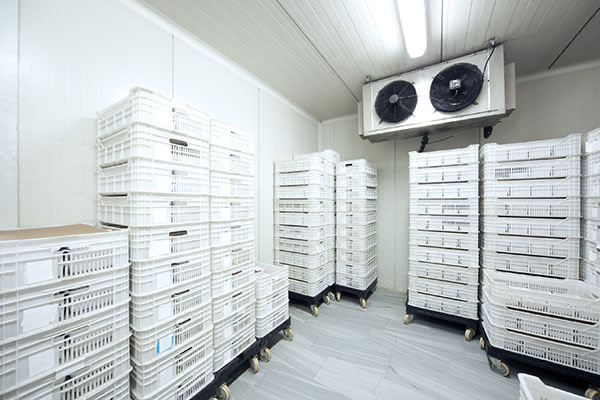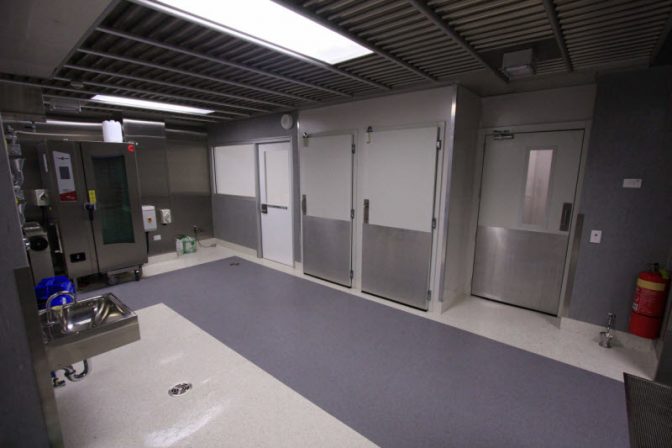1 Sep 2017 3 mins read Commercial Refrigeration

When was the last time you serviced your commercial refrigeration equipment? Do you have a maintenance schedule? It is known that commercial refrigeration maintenance can extend equipment life by years and save a lot of money on electrical consumption. Still, now is the time to ensure your equipment is commissioned and running correctly. The following article will highlight the importance of Commercial Refrigeration Maintenance for your business and outline some tips on what you can do to maintain your equipment.
Commercial Refrigeration Maintenance is critical, especially regarding Freezers, Coolrooms, Line Coolers and Ice Machines. Refrigeration equipment must expel heat, with most units doing it through an air-cooled condenser coil. This is conducted by drawing air through the coil, which then causes debris and dust to form on the condenser coil. If you fail to clean condenser coils regularly, you will see an increase in electrical consumption from your equipment which can lead to system component failure. Examples of this can include:
- Burnt Wiring;
- Failed Condenser Fan Motors;
- A Restricted Metering Device;
- Failed Compressor.
These are all possible, but many other consequences can occur without regular maintenance. Poor maintenance can result in a shorter lifespan of equipment and increased electrical consumption. I have compiled a checklist you can perform on your commercial refrigeration equipment to expand the lifecycle further.
- Inspect the condenser coil on any self-contained refrigeration. Typically, the condenser coil is covered at the top or bottom of commercial coolers and freezers. Or they can be found at the front right or left of the unit. Cover removal can be completed with a screwdriver with a Philips head.
- Ensure you check the door seals on your units. Your refrigeration unit works hard to keep cool in a confined space, and letting warm kitchen air seep in through spilt gaskets can result in customers being served warm beer. Inspect all four sides of door gaskets for tears or ripping and ensure they seal properly on all sides. Keep your gaskets clean from food scraps or dust that can build up over time.
- Inspect whether any drain line outlets are visible. You normally find drains at the back of the cooler unit or at the back of refrigeration units with a compressor at the bottom. Clear out the end of the drain and ensure the lines of your cooler and freezers are kept clear of any debris. You can do this by inserting a straw into the drain outlets and blowing air into the drain with a firm hold on the straw with a dampish cloth. This will help clear the drain, but you should ensure your refrigeration mechanic does this during maintenance visits.
I recommend checking these three things at least once a month. I do believe that having a professional preventative maintenance contract in place will help increase your commercial refrigeration equipment reliance, lifespan & efficiency. JD Refrigeration from Sydney can provide your business with a maintenance plan, ensure your coils and drains are kept clean, and your equipment operates at its best.

We will also check the following on our scheduled visits:
- Pressure cleaning of all drains;
- Pressure clean of condenser coils;
- Pressure clean drain lines;
- Check door hinges & closers;
- Ice Machines dismantled and cleaned;
- Temperature checks;
- Inspect unit compressors;
- Cycling
- Inspect unit wiring;
- Check refrigerant level;
- Check oil motors;
- Ensure the accuracy of your Unit Thermometer;
- Provide you with a detailed report on your units, including model number, make, serial number and temperature;
- Provide you with a list of repairs found.
For quality, reliable and efficient service, installation or repair of your commercial refrigeration equipment, call JD Refrigeration from Sydney today! Contact us on 0404 840 296 or fill in our enquiry form.
